The Harry W. Bass Jr. School of Arts, Humanities, & Technology at The University of Texas at Dallas held a historical dedication and naming ceremony outside the Edith O’Donnell Arts and Technology Building on Sept. 28. Learn more about it here.

This is the main category for Archive files storage.

The Harry W. Bass Jr. School of Arts, Humanities, & Technology at The University of Texas at Dallas held a historical dedication and naming ceremony outside the Edith O’Donnell Arts and Technology Building on Sept. 28. Learn more about it here.

This Award was given by ArtSciLab and AHT Dean to Gia Kirk’s “Belonging Again”
Housing alone will not solve homelessness. Belonging Again is an art program that eliminates homelessness through appreciation of talent and career development to create usable object out of plastic and found materials. Those experiencing homeless and participating in Belonging Again Art program may advance to a more developed career focusing in combining art with technology to minimize the technological illiterate rate the homeless population.




Gia is an AHT student, majoring in Design and Production with a focus in UX Design and a minor in Biology. She describes herself as “a T-shaped Designer, I have deep, specific knowledge in Biology and UX Research, as well as moderate expertise in numerous adjacent fields (strategic and systemic design, animation, 3D modeling, marketing and branding)” and says she is ” passionate about designing for massive change by combining my background in art, design and volunteering. My interdisciplinary knowledge allows me to view problems from a macro level and connect unrelated ideas to create unique solutions.”
Gia founded the NonProfit ‘Belonging Again’, which is an art program designed to eliminate homelessness through talent appreciation and career development. It focuses on homeless artists creating artistic objects from plastic and found materials.

On April 12th, 2023, which marked the lab’s 10th anniversary with the event theme, “Where artists and scientists dance together,” perfectly captured the essence of ArtSciLab’s interdisciplinary approach. The event, which ran from 12:30 pm to 6:00 pm, was filled with various activities and presentations showcasing the lab’s and its members’ achievements.
The event kicked off a series of presentations by lab members, who shared their research and projects with the audience. The presentations were informative and engaging, and it was fascinating to see the diverse range of topics that ArtSciLab members are exploring.
In addition to the projects, the Space Exhibition was a fascinating collaboration between UTD’s AIAA (The American Institute of Aeronautics and Astronautics) and ArtSciLab. It featured a variety of rockets, drones, and space-themed artwork, including some historical items from Dr. Roger Malina’s collection. The exhibition explored the creative process in extreme environments such as space travel. Visitors were encouraged to question what it would be like to create art or design in such conditions. Notably, artist Teja Krasek was featured and will soon send her art to the moon. The Space Exhibition was a great addition to the Deca-Dance event and added a unique and thought-provoking element to the celebration.
One of the event’s highlights was the treasure hunt, organized to encourage attendees to interact with the lab members’ work. The treasure hunt involved scanning QR codes to provide feedback, and the participants who completed it were eligible for a prize. This was an excellent way to get people involved in the event and showcase the lab members’ work.
The event concluded with a keynote speech by our esteemed lab director, Dr. Roger Malina. His speech was focused on the lab’s vision and the significance of the 10th milestone anniversary. He emphasized the importance of collaboration between art and science. The graduating lab members were also presented with certificates and recognized for their outstanding contributions. It was a touching moment highlighting the close-knit and supportive community that ArtSciLab has fostered.
The Deca-Dance celebration honored ArtSciLab’s 10th anniversary and was a spectacular success. The talks and activities at the event provided a window into the interdisciplinary research being done at the lab, which drew an enthusiastic audience.
By:
1. Misal Shah
2. Alejandro Garcia
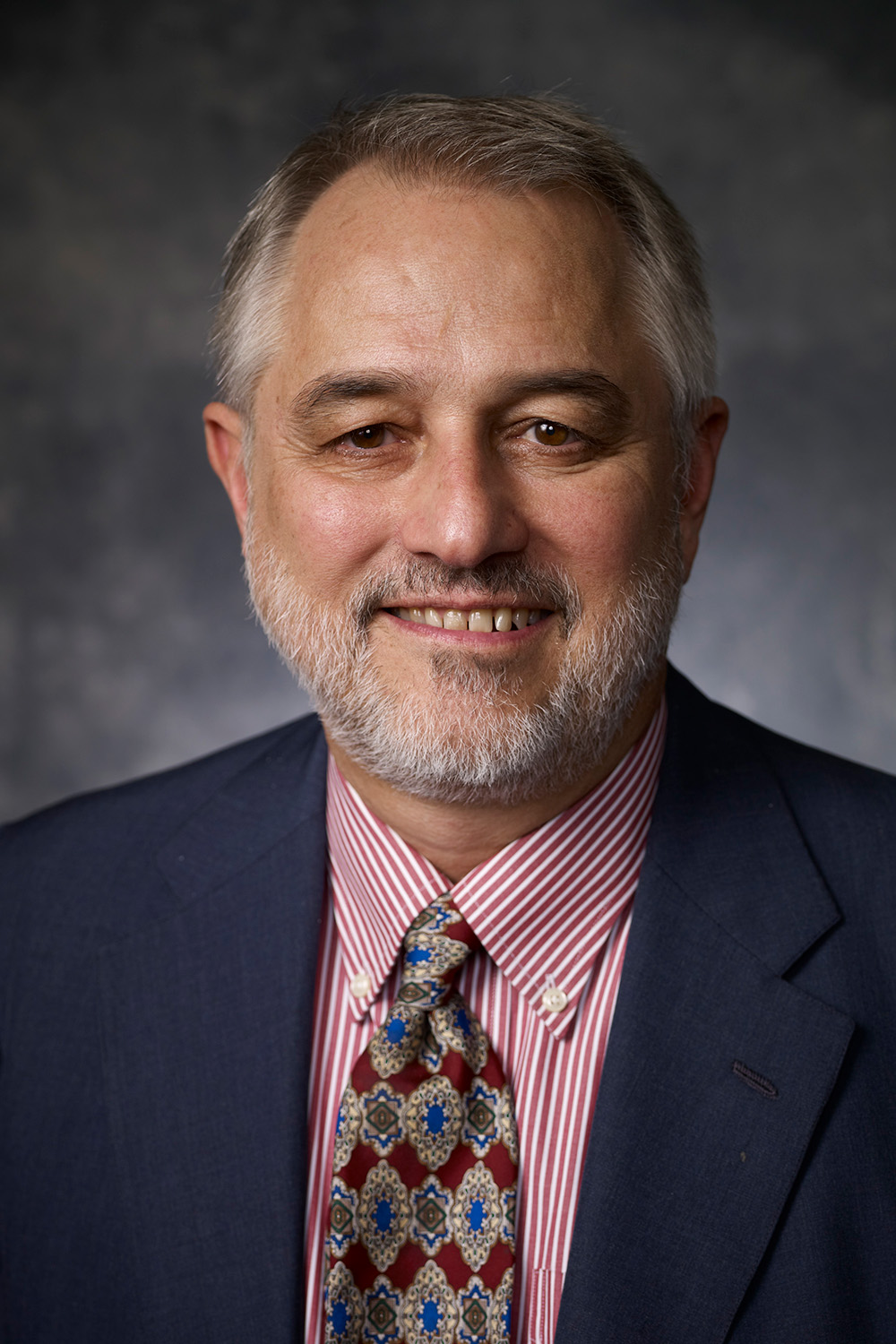
Dr. Roger Malina, professor of arts and technology and of physics at The University of Texas at Dallas, has been appointed to the International Astronautical Federation Committee for the Cultural Utilisation of Space (ITACCUS).
Malina, who holds dual appointments in the schools of Arts, Technology, and Emerging Communication (ATEC) and Natural Sciences and Mathematics, is the co-founder and faculty advisor of the ATEC ArtsSciLab, a transdisciplinary research lab that involves art, science, technology and education.
ITACCUS champions innovative utilization of space data, systems and applications by organizations in the cultural sectors of society, including arts and humanities.
“I’m energized. I hope this committee can really have an impact with decision-makers. The social implications of space activities are as important as the technical and scientific implications,” said Malina, who also holds the Arts and Technology Distinguished Chair.
He pointed to a recent paper he wrote with Kathryn Hays MS’19 and Cristobal Kubli Perusquia MS’20, in which they used space as an example of how creativity and cognition can help humans survive in extreme environments.
Malina is a former director of both the Astronomy Observatory of Marseilles Provence (OAMP) and the Marseille Astrophysics Laboratory in France, and is a member of the OAMP’s observational cosmology group, which investigates the nature of dark matter and dark energy. He also is executive editor of the journal Leonardo from MIT Press.
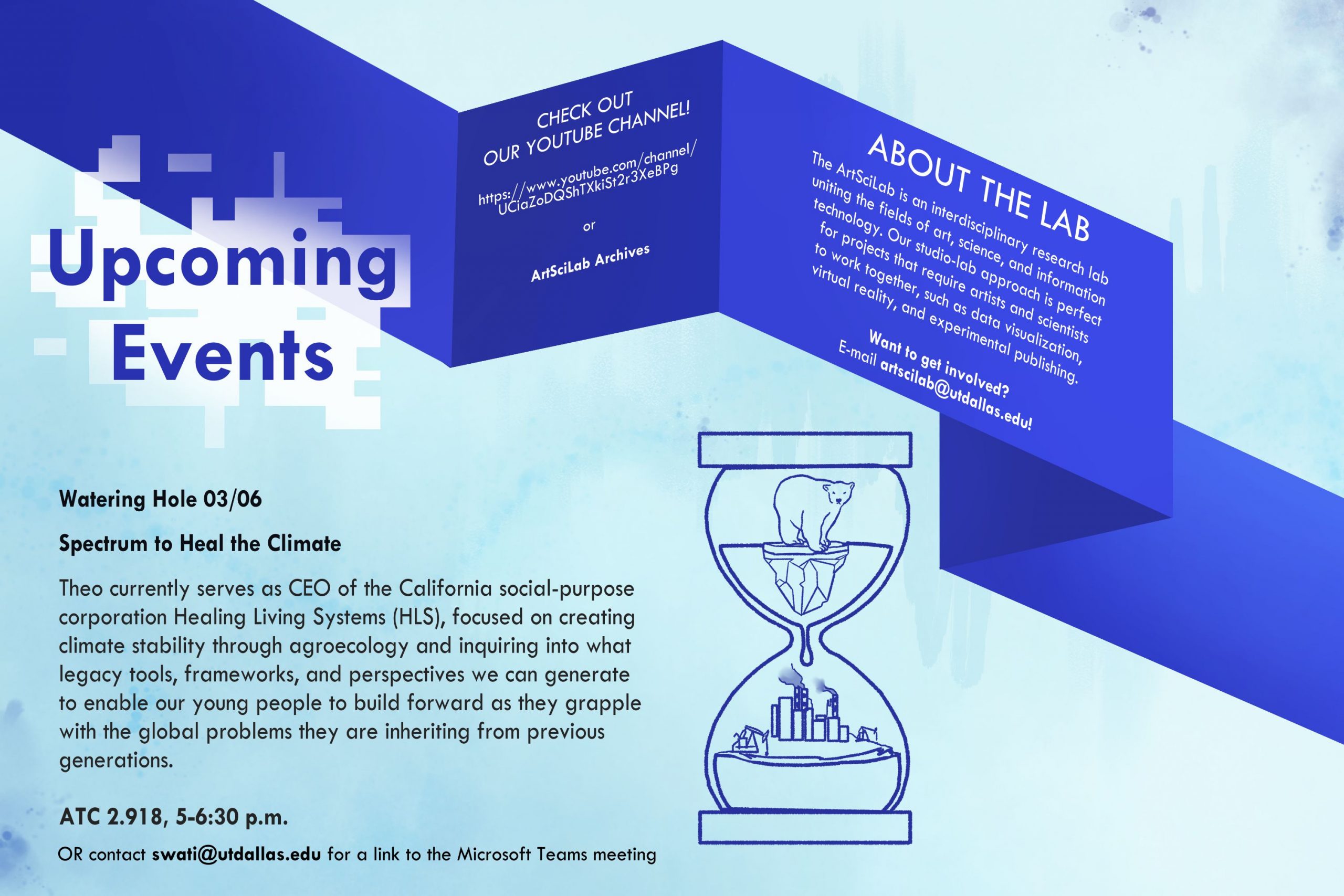
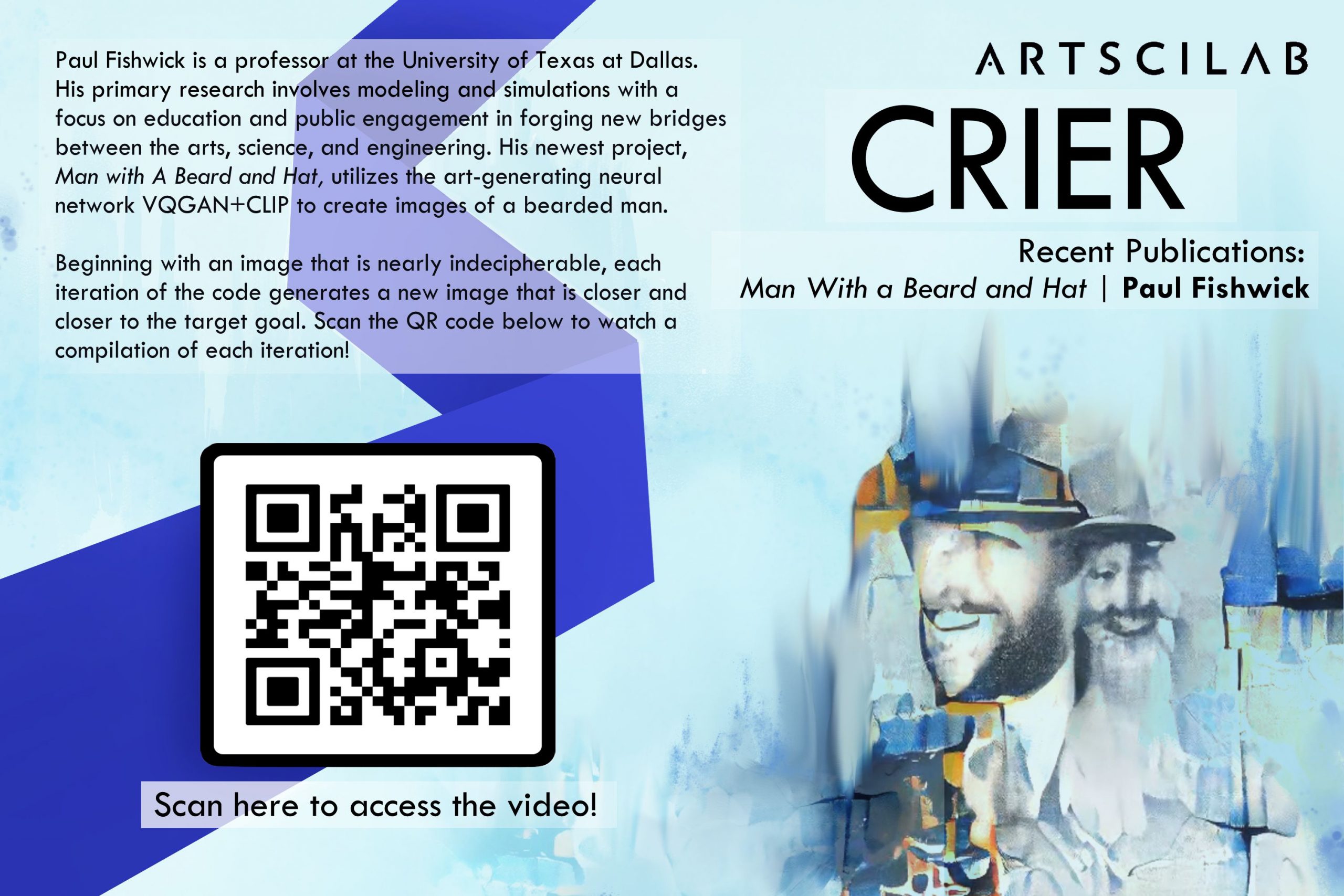
We hope you had a lovely weekend! The ArtSciLab brings to you the latest copy of our weekly newsletter, The Crier. Do enjoy the new look and format of the newsletter. We are open to suggestions and criticism and look forward to hearing back from you.
Contact Us: artscilab@utdallas.edu
In other news, we, at the ArtSciLab, are happy to introduce our new YouTube Channel, ArtSciLab Archives! Do Check it out and Subscribe for more updates.
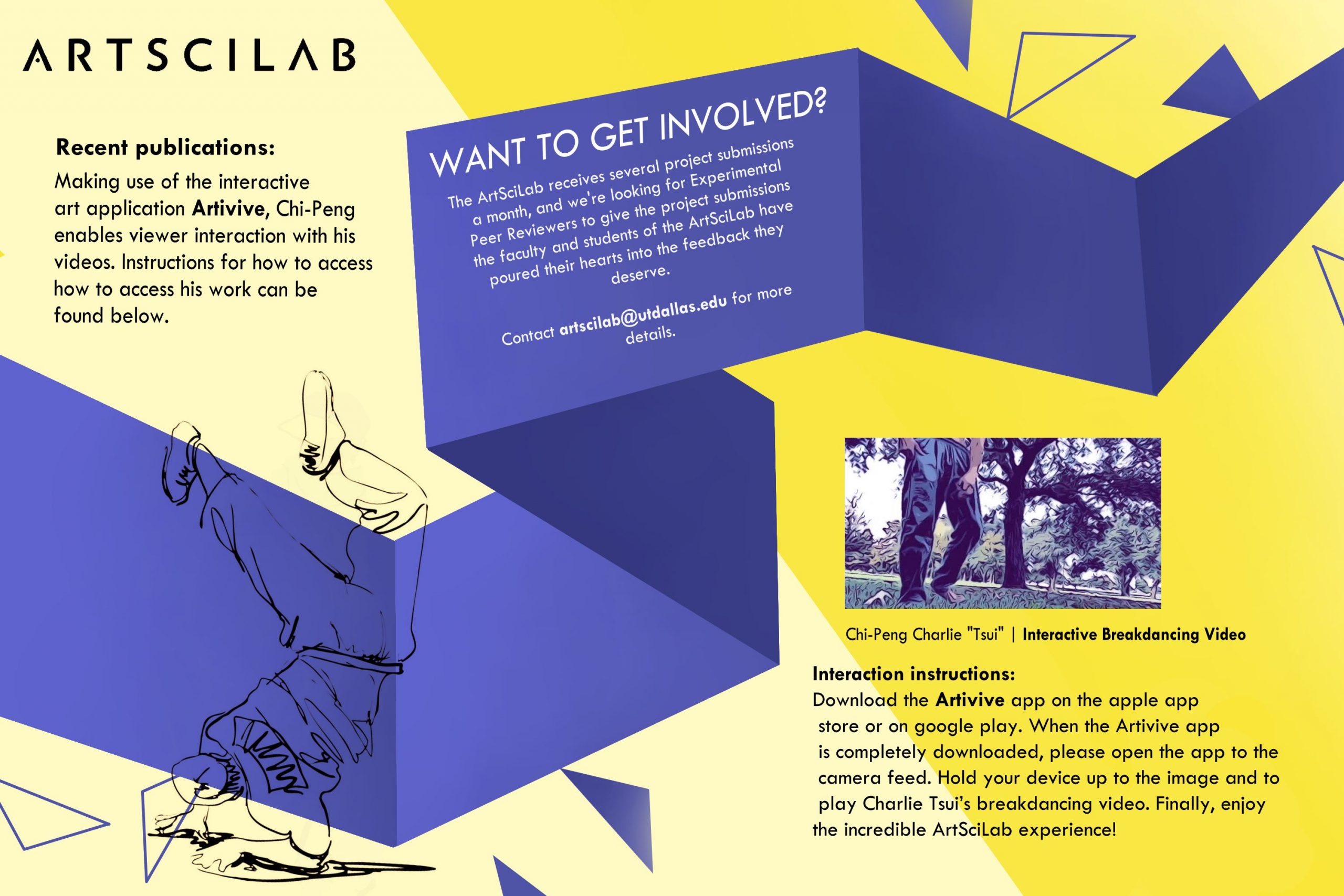

We hope you had a lovely weekend! The ArtSciLab brings to you the latest copy of our weekly newsletter, The Crier. Do enjoy the new look and format of the newsletter. We are open to suggestions and criticism and look forward to hearing back from you.
Contact Us: artscilab@utdallas.edu
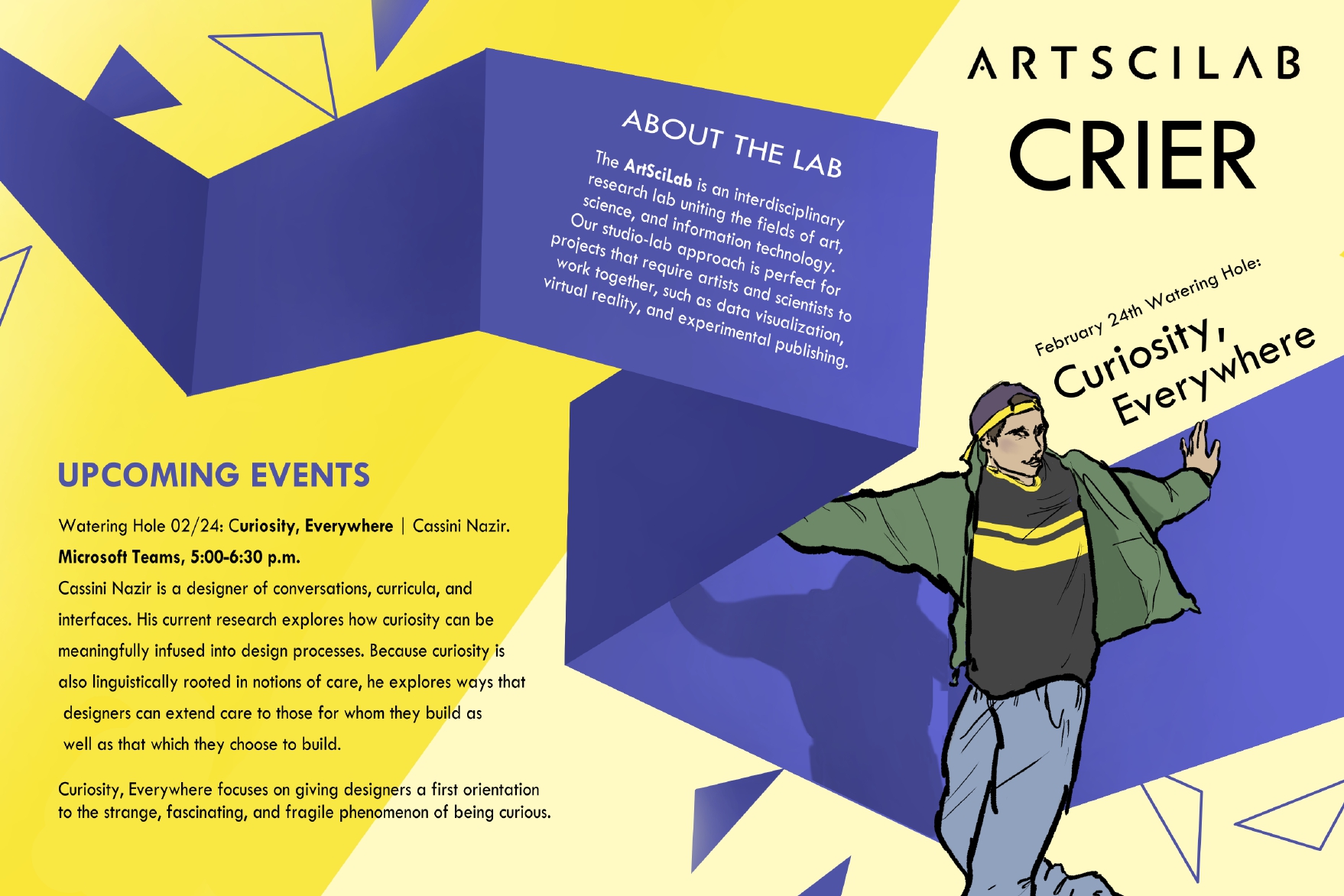

We hope you had a lovely weekend! The ArtSciLab brings to you the latest copy of our weekly newsletter, The Crier. Do enjoy the new look and format of the newsletter. We are open to suggestions and criticism and look forward to hearing back from you.
Contact Us: artscilab@utdallas.edu

The following document by Azal Amer details the steps required to create an n-body simulation with many particles. Specific to this simulation is the massless properties of the particles. A project like this would be very useful to create in an educational setting, both due to the experience of design, along with conceptualizing what it represents. This project could enable a more tangible understanding of vector math, along with designing basic algorithms. Learning to work with non-discrete time intervals for Physics simulations became a valuable skill derived from the project, one of whose techniques is described in this paper.
Azal Amer is a high school diploma student in Computer Science at Greenhill School and has completed an internship with ArtSciLab.

We hope you had a lovely weekend! The ArtSciLab brings to you the latest copy of our weekly newsletter, The Crier. Do enjoy the new look and format of the newsletter. We are open to suggestions and criticism and look forward to hearing back from you.
Contact Us: artscilab@utdallas.edu
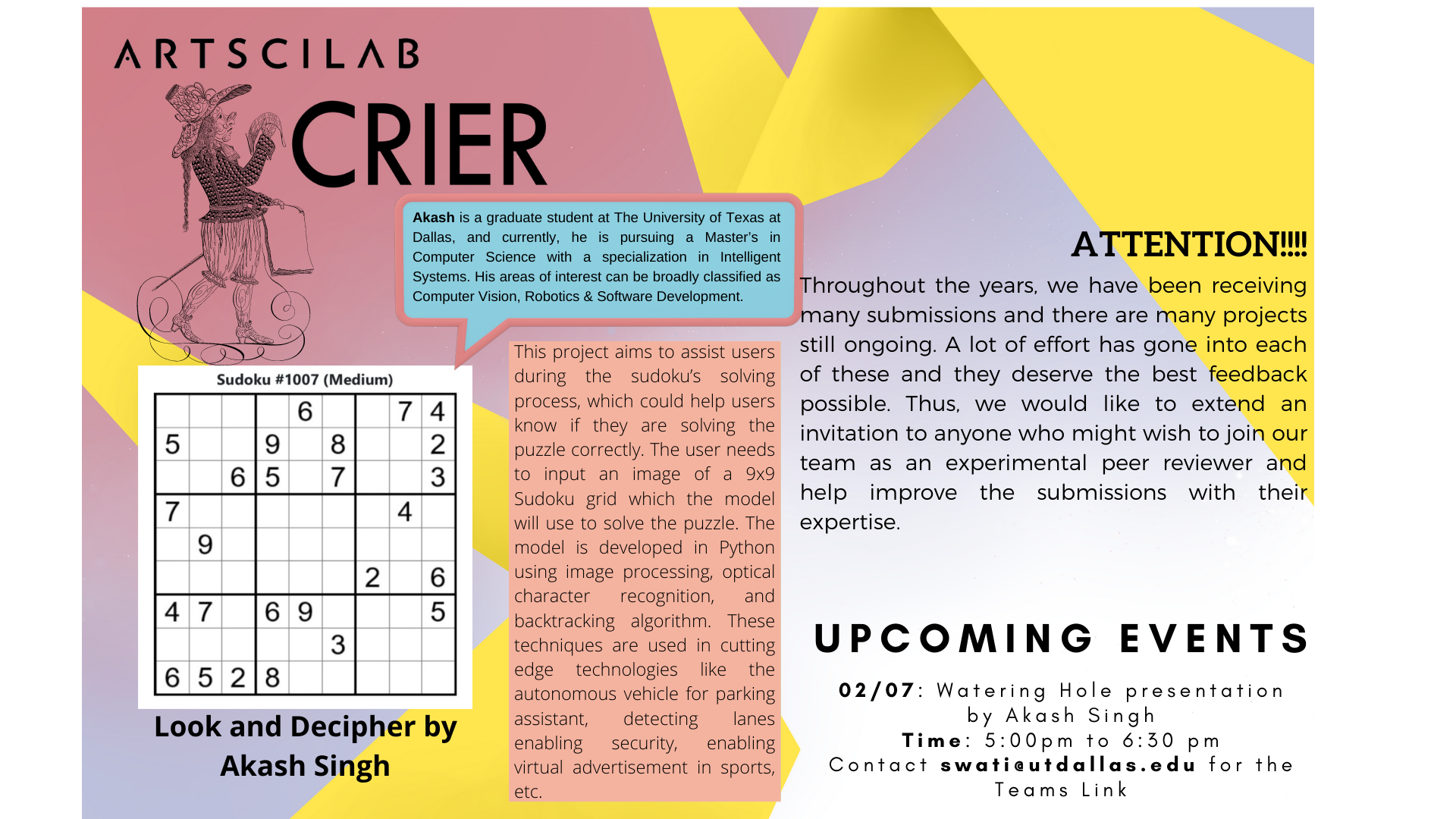
We hope you had a lovely weekend! The ArtSciLab brings to you the first copy of our weekly newsletter, The Crier. Do enjoy the new look and format of the newsletter. We are open to suggestions and criticism and look forward to hearing back from you.
Contact Us: artscilab@utdallas.edu